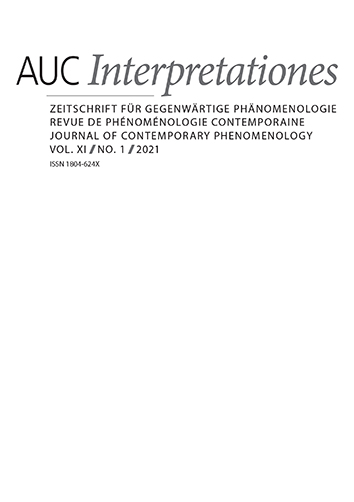AUC INTERPRETATIONES, Vol 3 No 2 (2013), 17–34
Kant, Spinoza, and the Regulative Role of the Theological Idea in the Critique of Judgment
Marshall Cody Staton
zveřejněno: 29. 03. 2015
Abstract
Spinoza’s views on theology and teleology are infamous in their ability to draw commentators throughout the ages into acrimonious exchanges. The late 18th century German Aufklärung was perhaps one of the more volatile environments to debate these issues relating to Spinoza. Nestled between these two concepts is Spinoza’s account of intuition. He claimed that intuitive knowledge – which represents the capacity to immediately grasp the essences of things – is not only possible for human cognition, but that it also renders a truer understanding of God, and hence, we see that nature that has no final purposes. When Kant broached the issue of Spinozism in his Critique of Judgment (1790), he claimed that the problem of theology and teleology posed by Spinoza could be overcome. In this paper I argue that Kant’s confrontation with Spinoza frames the context of his presentation of intuitive understanding in the third Critique. The differences between Kant’s conception of the intuitive understanding and Spinoza’s idea of an intuitive intellect concern two key elements: (1) For Kant, the intuitive understanding is impossible for human beings and (2) according to Kant, we can attribute this intuitive knowledge to God only for regulative purposes. For Kant, reason thinks the idea of an understanding unlike our own – one that intuits – in order to have a basis for conceiving of teleological purposes in nature. The only way we can make sense of the contingency we find in nature, in which the purposes of objects of nature underwrite the cause of things, is to think of an understanding that would intuit nature in an actual way. I claim that Kant’s confrontation with Spinoza sheds light on the Critique of Judgment as a whole.

Kant, Spinoza, and the Regulative Role of the Theological Idea in the Critique of Judgment is licensed under a Creative Commons Attribution 4.0 International License.
148 x 210 mm
vychází: 2 x ročně
cena tištěného čísla: 180 Kč
ISSN: 1804-624X
E-ISSN: 2464-6504
